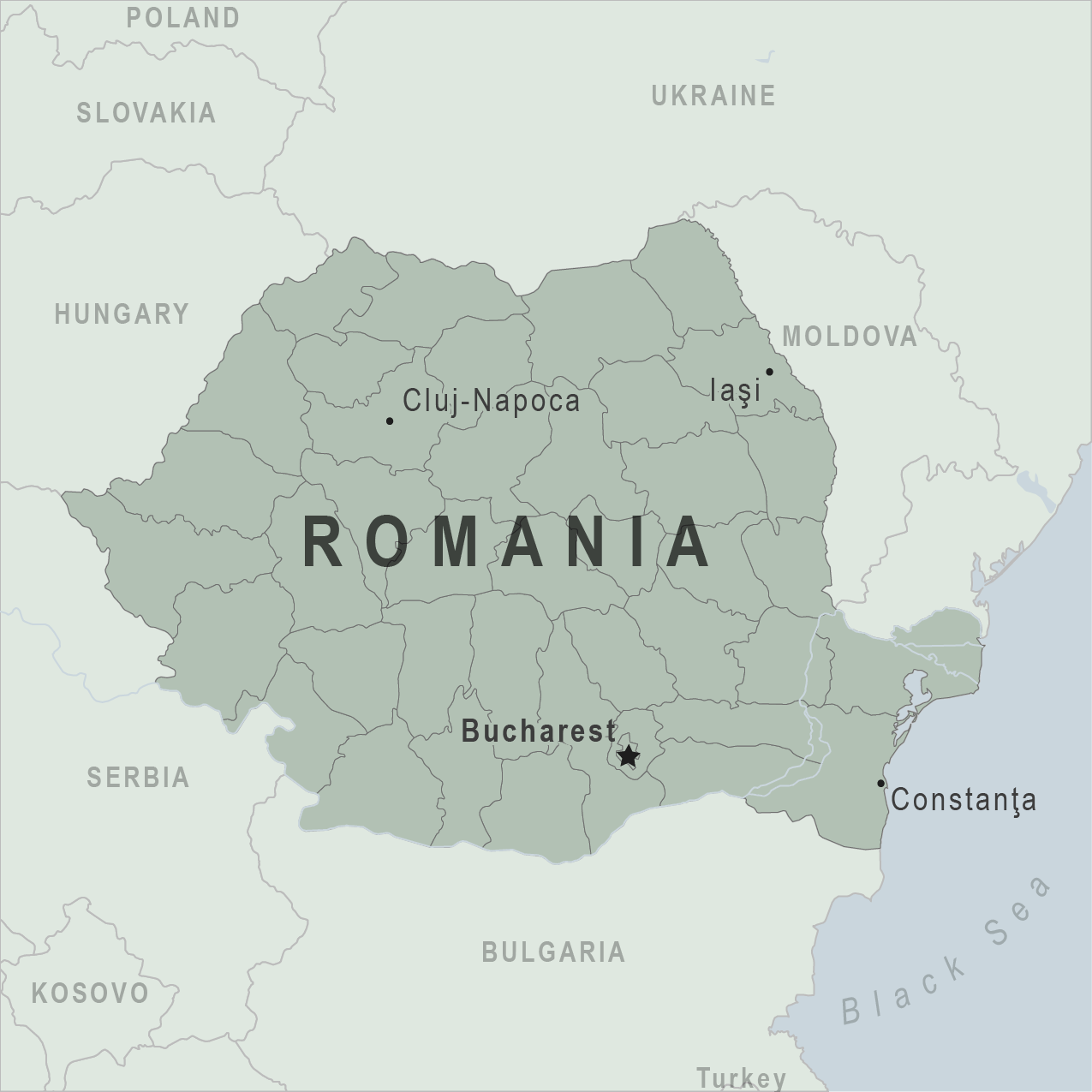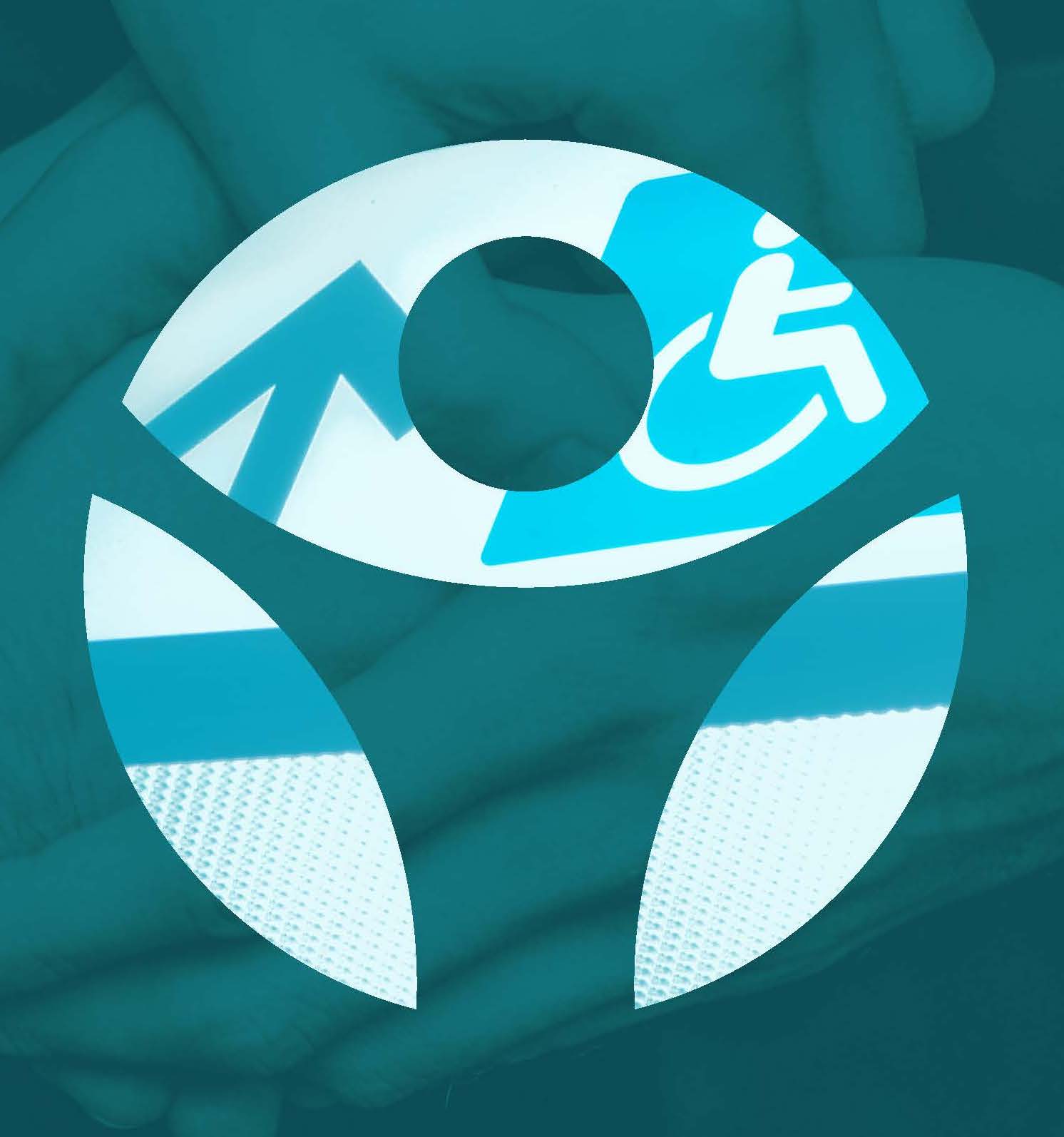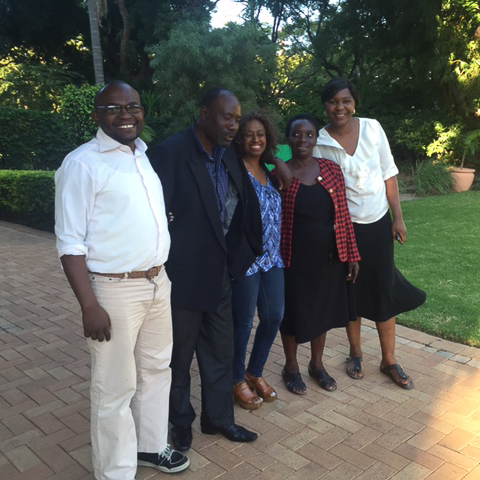IRIS is working in Canada and internationally to advance the equal ‘right to decide’ for people with intellectual and other disabilities. Through local-to-national scale research and development initiatives IRIS supports reforms of law, policy, programs and community-level practices aimed at ensuring people have the supports they need to exercise choice, power and control in their lives.
Current Projects
Past Projects

Advancing the Right to Decide in Romania
Timeframe: January 2021 to August 2022
Working with the Romania-based Center for Legal Resources, IRIS is designing and supporting the implementation of community-based initiatives for supported decision-making.
Partners include civil society organizations in seven regions throughout Romania. A primary focus of this initiative is working with residential facilities to support people in making the decision to move from institutions to the community.

Equal Right to Decide Demonstration Initiative
Timeframe: June 2019 to August 2022
IRIS is providing technical support to organizations in eight communities across Manitoba, Ontario and Newfoundland and Labrador to design and implement pilot community-based initiatives for support in decision making. These initiatives will demonstrate how to effectively support people with intellectual and cognitive disabilities, and people living with mental health issues, in exercising their legal capacity in health care, financial and personal life decision making.
Supported through financial and in-kind contributions from the Canadian Association for Community Living, Community Living Ontario, Inclusion Winnipeg and Newfoundland and Labrador Association for Community Living, as well as other community partner organizations.

Supported Decision Making Solutions Lab
Timeframe: June 2020 to July 2021
IRIS is undertaking research for this initiative on current challenges in implementing supports for decision making in the current legal and policy context in Canada. The research findings will be used by disability organizations in advancing law, policy and practice reforms in their own jurisdictions to better secure an equal right of people with disabilities to exercise legal capacity without discrimination. The research is focusing on how current legal regimes in Canada can better recognize supports for decision making, alternatives to guardianship and the duty to accommodate people in health care and other decision making processes.
Supported by Canadian Association for Community Living and the Social Development Partnerships Program.

Global Study on the Equal Right to Legal Capacity
Timeframe: January 2017 to September 2020
This initiative is developing a lens for critically examining laws and policies regulating exercise of legal capacity – or the power to make one’s own decisions. Informed by Article 12 of the UN Convention on the Rights of Persons With Disabilities, this study pilots the lens in the thirteen countries, aimed at identifying both innovative approaches and legal barriers to the exercise of legal capacity without discrimination based on disability.
Supported by Open Society Foundations.

Book on Legal Capacity for Mexico’s Supreme Court
Timeframe: June 2020 to September 2021
Commissioned by Mexico’s Supreme Court of Justice, Michael Bach, Managing Director at IRIS, is developing and co-editing an international collection of essays by legal experts on the tensions in law, policy and practice in achieving fuller implementation of the equal right to legal capacity recognized under the UN Convention on the Rights of Persons with Disabilities.

Analyzing Legal Capacity Regimes in Canada
Timeframe: July 2019 to January 2022
This two-year initiative is being led by IRIS in collaboration with civil society, professional, academic and funding partners. The initiative has three main goals: To examine legal barriers to equality found in the regimes regulating legal capacity at both the federal and provincial/territorial levels in Canada; To point to promising practices for non-discrimination in legal capacity based on disability; and to develop tools for ongoing monitoring and tracking progress in these regimes.
Supported by Social Development Partnerships Program, Employment and Social Development Canada.

Supported Decision Making in Newfoundland and Labrador: The Next Step
Timeframe: January 2017 to October 2020
This research and consultation initiative is identifying key issues related to laws and policies in Newfoundland and Labrador affecting barriers and opportunities for people with disabilities to exercise legal capacity – or power, choice and control over decision making in their lives – on an equal basis with others. The project is undertaking extensive legal research and making a variety of recommendations which are presented in a ‘roadmap’ for law, policy and practice reform in the province.
With financial support through the Disability Policy Office of the provincial Department of Children, Seniors and Social Development.

Towards a Global Campaign on Advancing Article 12 of the UN Convention on the Rights of Persons with Disabilities
Timeframe: January 2018 to March 2021
This initiative builds on earlier phases which provided technical support to civil society organizations in Zambia, Bulgaria and Colombia to achieve national scale impact in reforming laws, policies and practices regulating the exercise of legal capacity, or the power to exercise choice and control over one’s personal decisions. The initiative includes developing an online platform, networks and resources to grow civil society capacity to address long-standing barriers to the equal right of persons with disabilities to exercise choice, power and control in their own lives.
Supported by Open Society Foundations.

Advancing the Right to Legal Capacity for People with Mental Health and Intellectual Disabilities in Zambia
Timeframe: February 2016 to February 2017
Objective: To strengthen capacity of people with mental health and intellectual disabilities, their families and the communities they live in, by developing effective community based mental health and other supports, to enable people to exercise legal capacity, resulting in social and economic inclusion.

Mental Health and Justice
Timeframe: January 2017 to March 2022
IRIS is a collaborator on this multi-partner initiative which aims to address the tension at the heart of mental health, ethics and law: the desire to protect the decision-making of the vulnerable and the desire to respect individual choice. With six research streams, this initiative is examining the relationship between support in decision-making and decision-making ability in a variety of decision-making contexts, and developing recommendations for law and policy reform.
Learn more at mhj.org.uk
Supported by the Wellcome Trust, UK.
